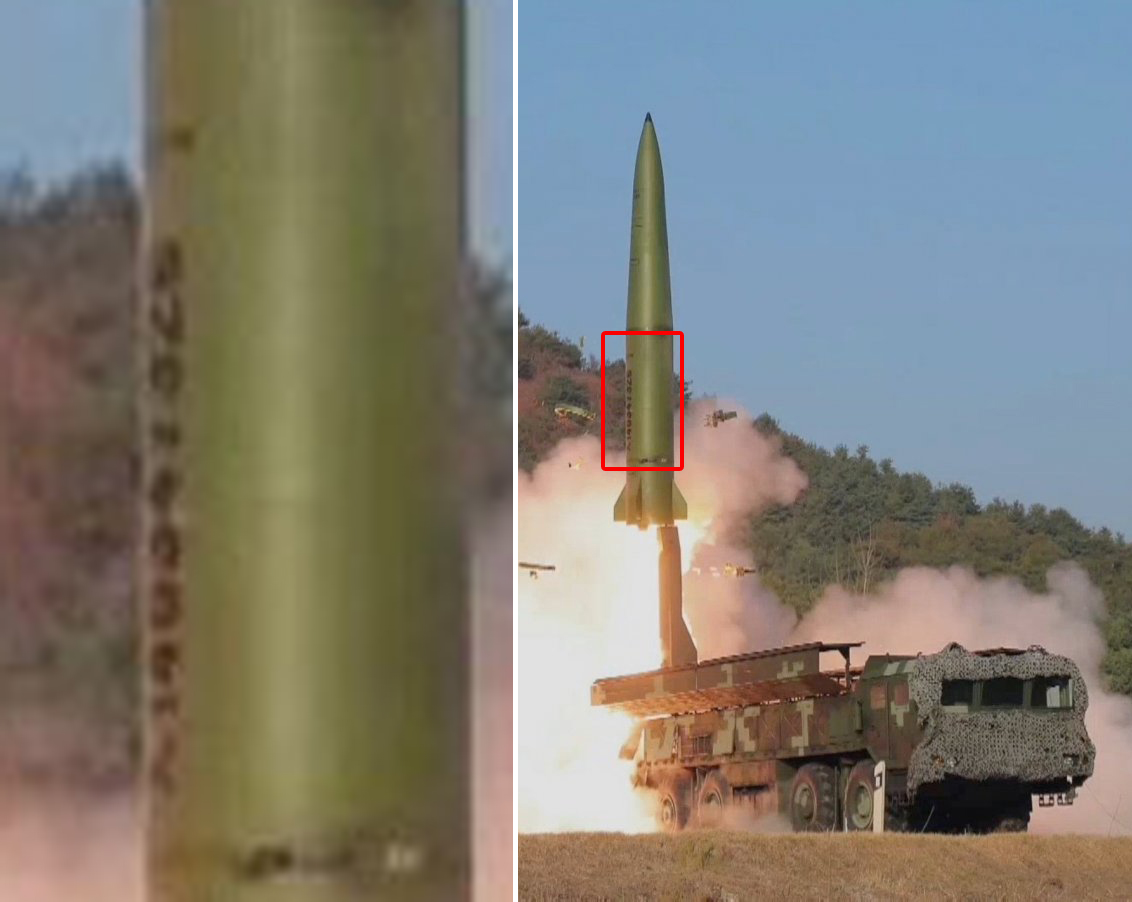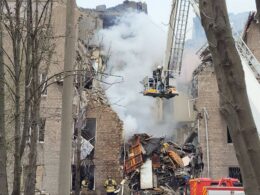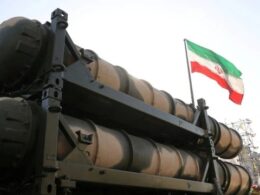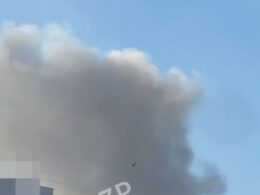North Korean ballistic missiles fired by Russian forces at Ukraine have achieved unprecedented accuracy levels since late December, senior Ukrainian sources told Reuters. The missiles now strike within 50-100 meters of intended targets, a significant improvement from their previous 1-3 kilometer accuracy range.
A Ukrainian military source, speaking anonymously due to the sensitive nature of the information, confirmed enhanced precision across more than 20 North Korean ballistic missiles in recent weeks. A senior government official independently verified these findings to Reuters.
Weapon specifications and deployment Russia has fired approximately 100 North Korean "K-23, K-23A, and K-24
" short-range ballistic missiles at Ukraine since late 2023. These weapons carry warheads up to one tonne and have an 800 km range, surpassing the Russian Iskander-M's payload capacity and 500 km range.
Forensic analysis of missile debris has not revealed design changes, though limited debris remains available for study. Experts suggest improvements may stem from enhanced navigation systems, steering mechanisms, better targeting information, or Russian-provided guidance components.
Yang Uk, a weapons expert at Seoul's Asan Institute for Policy Studies, warned these advancements could threaten South Korea, Japan, and the United States, or lead to upgraded weapons transfers to other actors.
Related:
- Russian missile strike on central Izium kills four
- South Korea’s Intelligence confirms North Korean troops’ withdrawal from Kursk Oblast after heavy losses
- Russian strike on historical centre of Odesa damages about 15 cultural heritage sites – Odesa mayor
- Russian ballistic missiles on Odesa injure three people, damage five museums, philharmonic
- North Korean troops train new soldiers in Russia after heavy losses
- North Koreans forge tuberculosis certificates to escape Russian front
- The Telegraph: North Korea sends Seoul-targeting artillery to Russian front
- North Korea supplies 60% of Russia’s frontline ammunition for war against Ukraine, says expert





